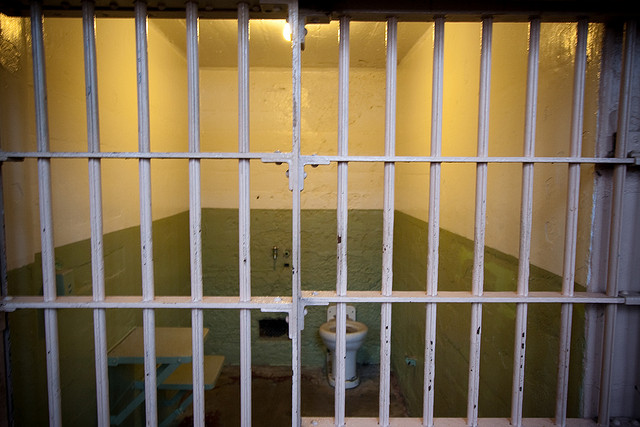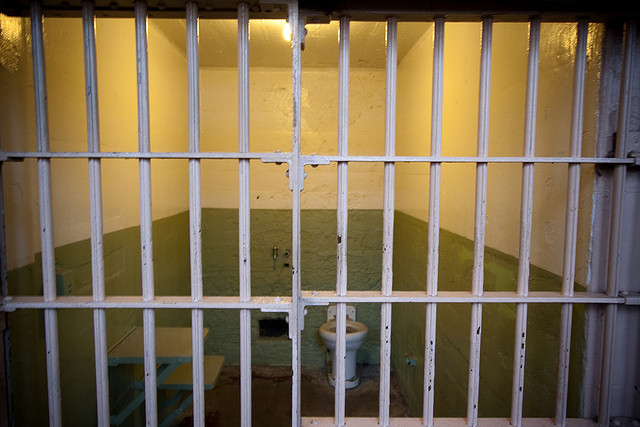As Lawmakers Debate Corrections Overhaul, What Can Prison Reformers Learn from Past Missteps?
University of Pennsylvania professor talks about ways to reduce prison population


There’s growing agreement between Republicans and Democrats that something needs to be done about the number of people incarcerated in the country.
The state of Michigan spends about $2 billion a year on corrections. As policymakers debate ways to draw down the number of inmates behind bars and address racial disparities, what can they learn from past attempts to overhaul our prison system?
Marie Gottschalk, a political science professor at the University of Pennsylvania who specializes in criminal justice reform, says too many inmates are serving excessively long sentences for the crimes they commit. She says many of those inmates are redeemable.
“We’ve lost distinction between people who’ve committed violent offenses and violent offenders,” says Gottschalk, the author of Caught: The Prison State and the Lockdown of American Politics (Princeton University Press, 2014).
“Locking up so many poor and disadvantaged people from these communities will not” help reduce crime, she told Detroit Today host Stephen Henderson.
Gottschalk will give a presentation, called “Are We There Yet? The Promise, Perils and Politics of Penal Reform,” on Thursday at 2 p.m. in Room 471 of the Michigan State University College of Law.
To hear more from Gottschalk’s conversation on Detroit Today about criminal justice reform, click on the audio link above.
